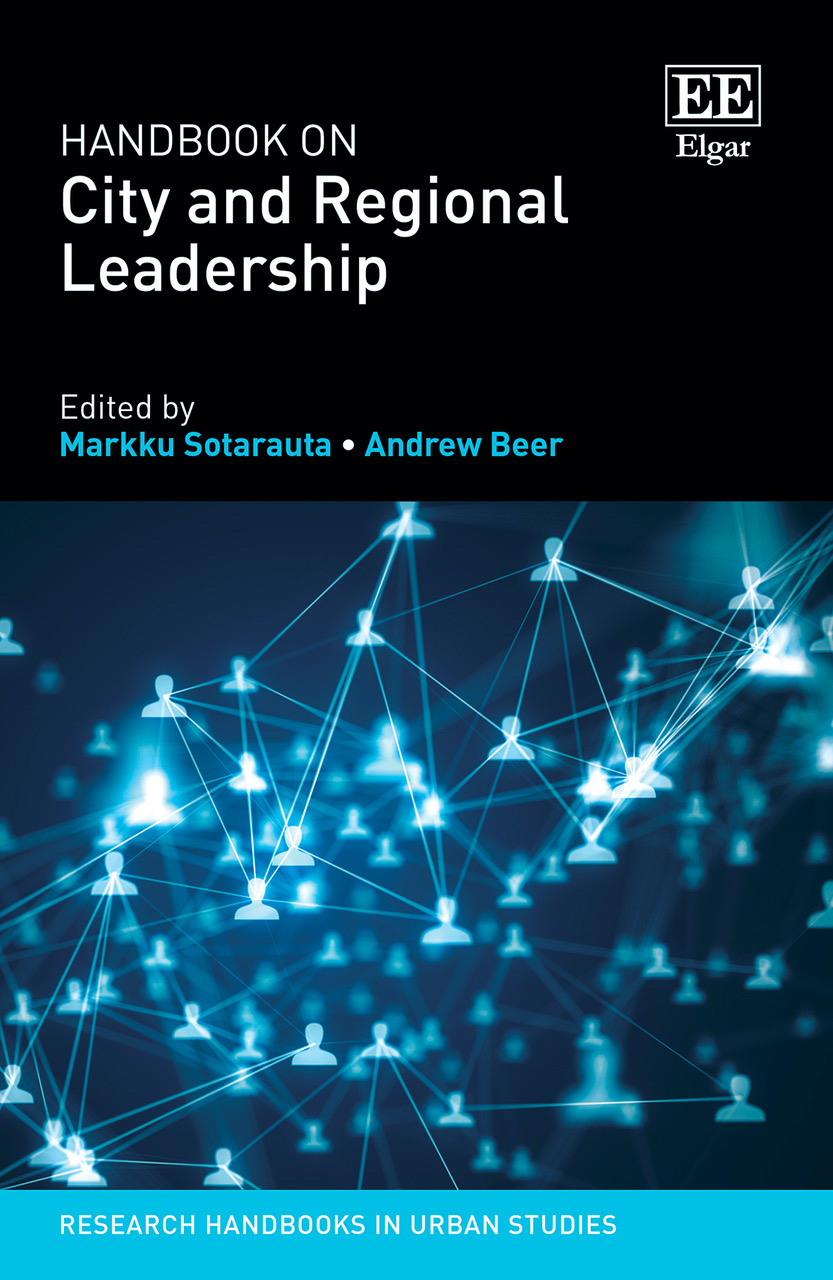Markku Sotarauta - Tampere University - Local and Regional Governance
Introduction
Learning outcomes
The student becomes familiar with the complexities of leading change and learns the more important theories and models of leadership in cities and regions. The student also learns how key actors lead change processes in diverse contexts and how they mobilise powers, resources and capabilities for city and regional development.
After completing the course, the student demonstrates an analytical understanding of how actors cope with and direct open-ended, multi-actor and potentially conflicted development processes (or fail to do so). The student possesses analytical tools to seek answers to the following questions: (a) Who are the actual leaders; (b) what kinds of power do the leaders have, and (c) how do they exercise influence?
Assignment
Work for the class includes participating in on-campus sessions and/or following the pre-recorded lectures, independent reading and writing a exa in TUNI-EXAM.
Any time - online presentations
Michael Storper: The Rise and Fall of Urban Economies - Lessons from San Francisco and Los Angeles (65:41)
Seth Godin: Leadership vs. Management - What it means to make a difference (42:55)
- Entertaining talk with a point
Reading
Sotarauta, M. & Beer, A. (2021) Handbook on City and Regional Leadership. Cheltenham; Edward Elgar Publishing.
Four freely selected articles from the handbook and the introduction.
* Introduction to city and regional leadership
* 2 freely chosen chapters from chapters 3-9
* 2 freely chosen chapters from chapters 10-19
—> in Tuni Exam, name the chapters you read
Bellandi, M., Pelchero, M. & Santini, E. (2021) Forms of place leadership in local productive systems: from endogenous rerouting to deliberate resistance to change. Regional Studies, 55(7) 1327-1336
